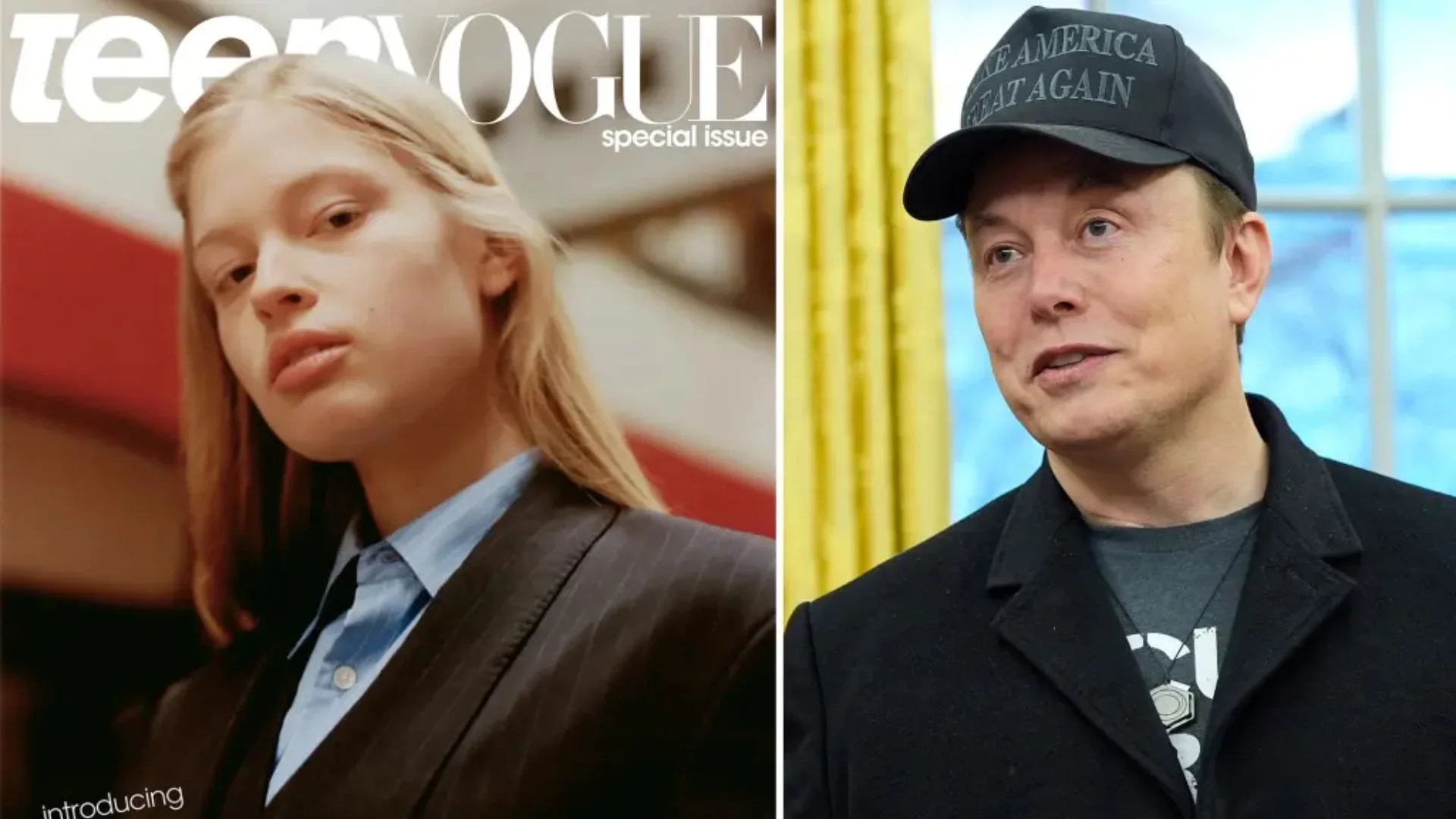A quick question:
Q. What sets human race apart from other living beings?
A. Well, many things. But the most important of them all, in my opinion, is the beautiful trait called empathy. Psychologists define empathy as ‘the ability to perceive the emotional state of another individual’. So, an empath is someone who is able to absorb other people’s feelings and emotions.
I don’t know if I am a born empath, or was it the kind of parenting I received that I am the way I am, but empathy runs in my veins.
I can feel it all:
the ‘gham and khushi ke aansu’ being experienced by the characters in movies
the pain and agony my friends have been through when their parents reproached them for not something they did wrong but because of the trouble they got into due to their conniving and impish siblings. And you won’t believe this, but I can even tell what my pet dog is yelping for, with almost 100% accuracy!
With this huge reservoir of empathy, I was obviously meant to choose the career I am in right now- counseling. The beginning was all good. With my razor- sharp listening skills, I didn’t miss a point in my clients’ stories during sessions. I’d calm my petrified and edgy clients and they would come back to me to tell me, how relieved they were of their anxieties after meeting me.
I could put myself in my clients shoes effortlessly and my life was like a dream come true. I would often think to myself: “With empathy as my superpower, what could possibly go wrong?” I felt blessed because this world needed me. I felt like I was ‘the chosen one’ to help people in suffering. I fitted in this world beautifully!
But, this didn’t go on forever. A time came when I felt sapped and hollow. Every counselling session felt like I was pouring out of an empty cup. I started wondering, “was my superpower leaving me?” and “with my depleting empathy, how long could I continue in my profession?”
So, I researched a little and here’s what I discovered about empathy: Even though it’s linked with higher values like kindness and altruism (and the absence of it could make one apathetic and deviant), some scientists have concluded that excess of it can be emotionally draining. Empathic people take on other people’s hurt, guilt and shame so easily, that it can make them downright stressful- to the point of experiencing emotional burnout.
Does this mean that empathy should be discouraged? Neuroscientists Singer and Klimecky from the University of Geneva, do not suggest that at all, instead, they make a very valid explanation: “We ought to make an important distinction between empathy and its apparent synonym, ‘compassion’. If empathy is about stepping into someone’s shoes, compassion is, instead, a feeling of concern for another person’s suffering which is accompanied by motivation to help.” In a nutshell, it means that we can extend kindness to others, even without inserting our hypothetical selves into their situations.
It all made sense now. “Excess of everything is bad” is even true for empathy. There is a right way and a wrong way of exercising empathy and once you know how to do it the right way, you can go on helping others without having to carry their emotional baggage. You deserve some kindness, too!

Aditi Ahluwalia
The author is a Psychologist and a Counsellor.























